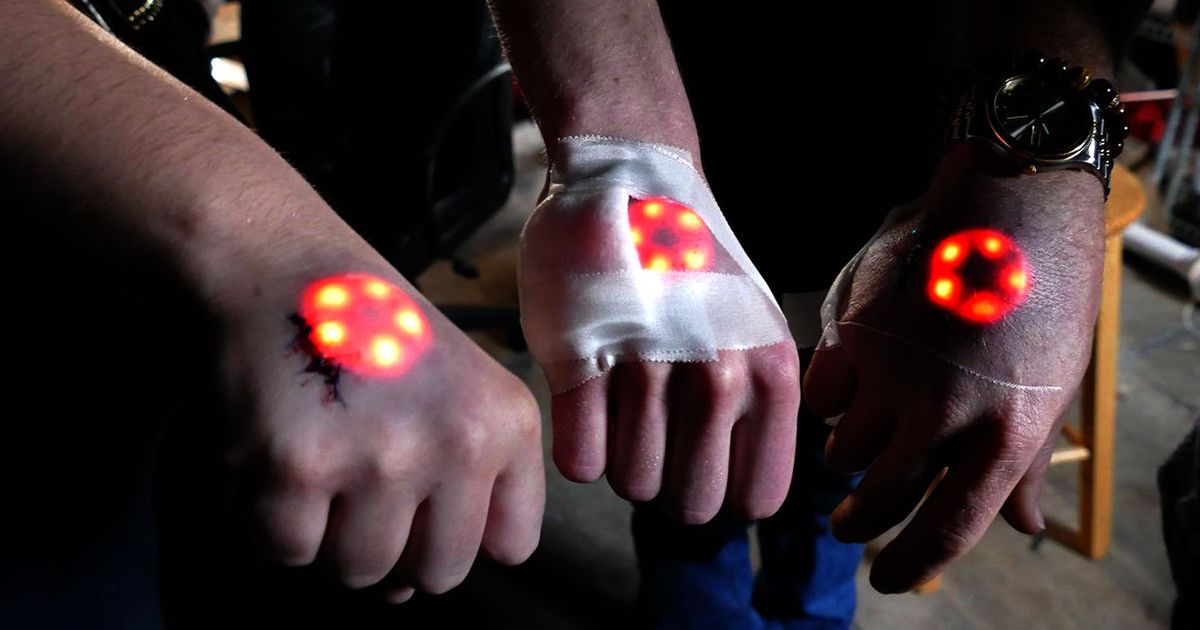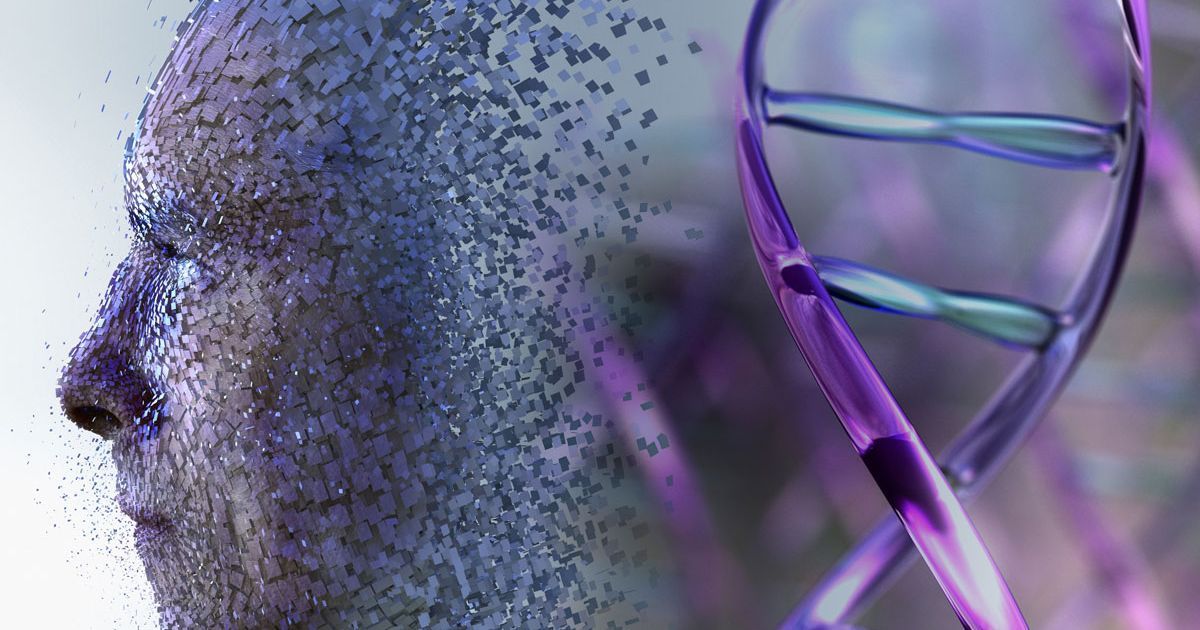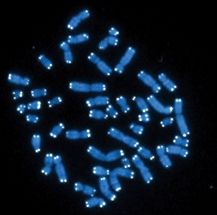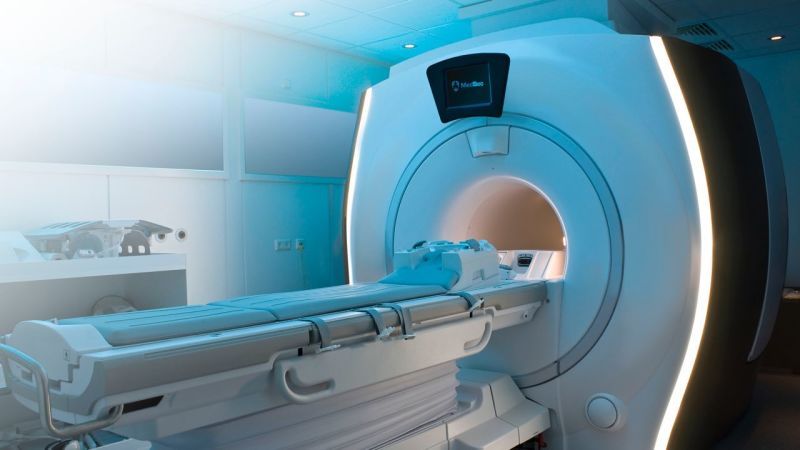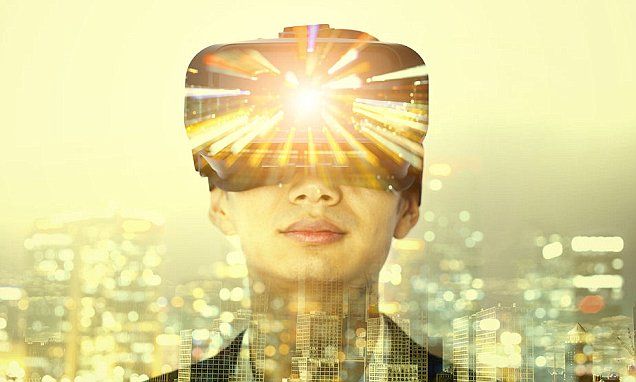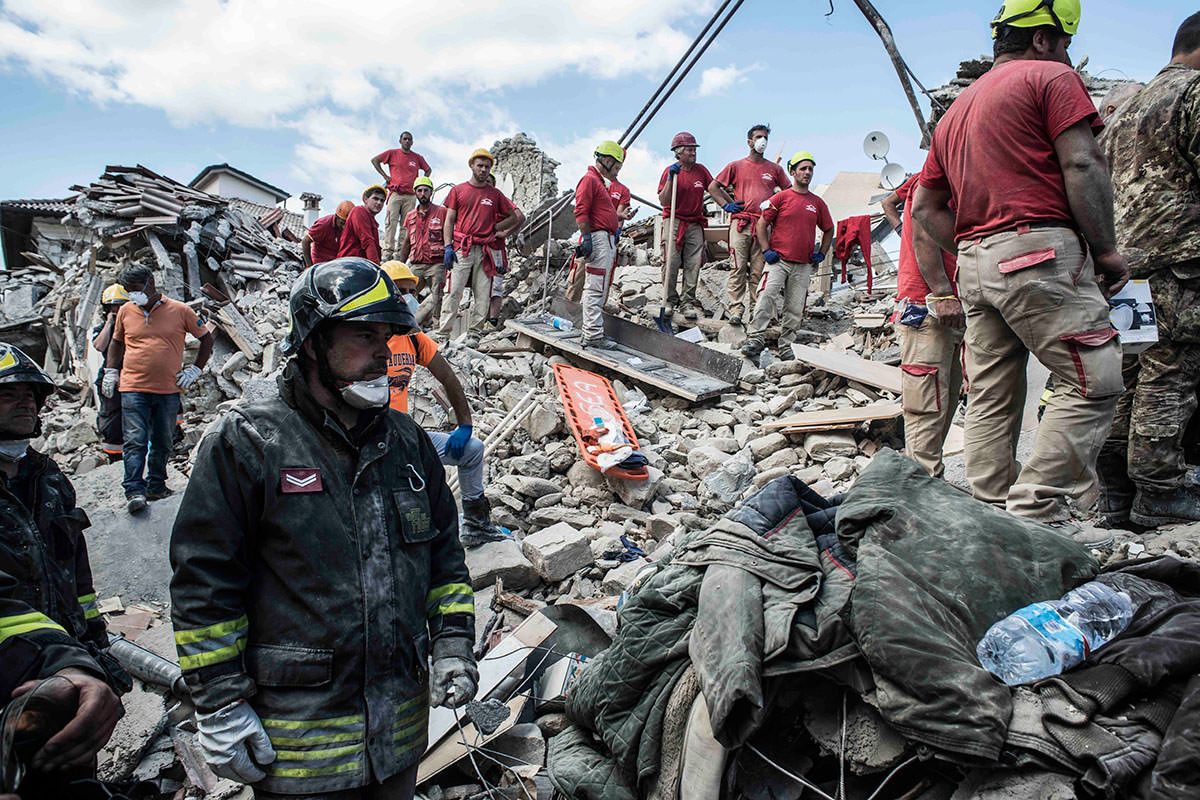Driving a motor vehicle requires making tough choices in the heat of the moment. Whether slamming on the brakes in traffic or speeding up before a light turns red, split-second decisions are often a choice between the lesser of two evils. Sometimes, a choice could lead to bodily injury or even a loss of life.
As more self-driving cars reach the road, life-and-death decisions once made by humans alone will increasingly shift to machines. Yet the idea of giving that responsibility over to a computer may be unsettling to some.
Self-driving cars have the potential to significantly reduce the tens of thousands of auto fatalities occurring yearly—but a reduction isn’t the same as elimination. In fact, some deaths will inevitably happen at the hands of computer algorithms once they make those decisions for us.
